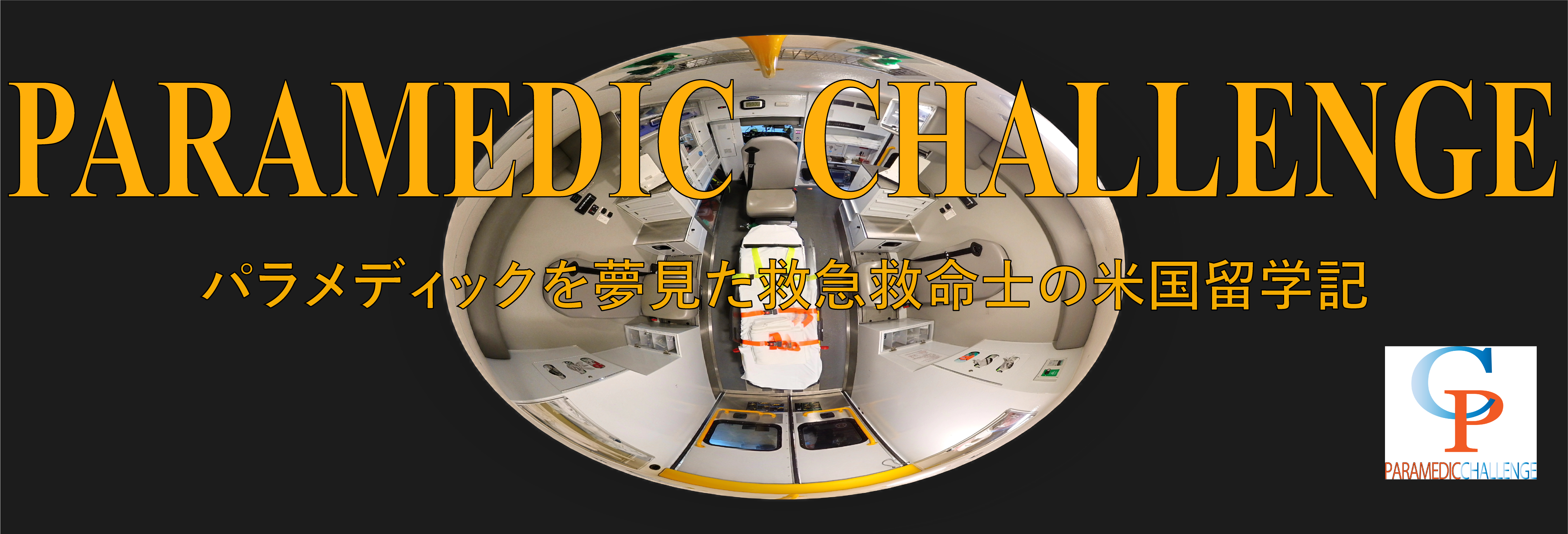You are briefing at the office when a call comes in at 0712 for a possible cardiac arrest at 984 Solomon Street. You are en route 1 minute later. The traffic is very heavy at this time and you are becoming more and more agitated as you try to navigate through it. The frustration builds as you think about the work involved in CPR. You have not been sleeping well and were hoping for a slow morning to squeeze a nap in, but lately it seems as if you are repeating a never-ending cycle. You are not getting enough sleep, you are too tired to work out in the gym so your weight seems to be creeping up, and you eat too much junk food instead of regular meals simply because it is easier when you are on shift.
1. Your declining physical well-being is affecting your attitude and, in turn, your job. What can you do to change this?
2. Why is it so important to find ways to enhance your mental, emotional, and spiritual well-being?
You arrive on scene 7 minutes later to realize you have been to this residence before, and you remember that this patient is a 23 year old man with a history of leukemia whose condition has deteriorated rapidly during the past few weeks. Your heart drops as you remember the times that you have transported him and the conversations that you had. You remember thinking how you should appreciate how lucky you are to be health and have a good job. This courageous young man has always had something positive to say and a way of making everyone around him feel better. You immediately feel guilty for the way you have felt this morning – obviously your complaints come nowhere near the magnitude of this family’s problems.
His mother ushers you into the house and tells you that he was feeling ill yesterday and would not eat last night. She just came in to check on him and found him not breathing. She was too distraught to start CPR.
APPEARANCE
Level of Consciousness: Unresponsive
Airway: Open and clear
Breathing: Apneic
Circulation: Pulseless
Skin: Cold to the touch
3. The patient has been apneic for an undetermined amount of tie. What is your next action?
4. On the basis of your previous interactions with the patient, what stage of the grieving process had he (the patient) reached?
Your partner attempts to open the airway and is met with significant resistance. As you lift the shirt to attempt chest compressions, you notice some lividity. Family members are starting to arrive. The patient’s mother is becoming hysterical and is asking you to do something. She tells you that he cannot be dead, that she asked God to give him just a few more months. Your partner steps outside to call the dispatcher, law enforcement, and the coroner. He leaves you to talk with the family.
5. How will you explain the situation to the family, and what is your responsibility to them?
6. Which stage of grieving is seen in the patient’s mother?
You hold his mom and tell her and the family that the patient has been deceased too long and that nothing can be done. You explain that he has no cardiac activity and blood has started to pool in the lower areas of the body. The mother is hysterical and continues to beg you to do something. You again explain that it is too late and ask if there is a pastor, priest or chaplain that you can call for her. The patients 19 year old cousin steps in and accuses you of not knowing your job. He is becoming increasingly hostile. You know that law enforcement is en route, but it may be a few minutes before they arrive.
7. How should you deal with a hostile bystander?
8. How will you deal with your own feelings and stress relating to this call?









